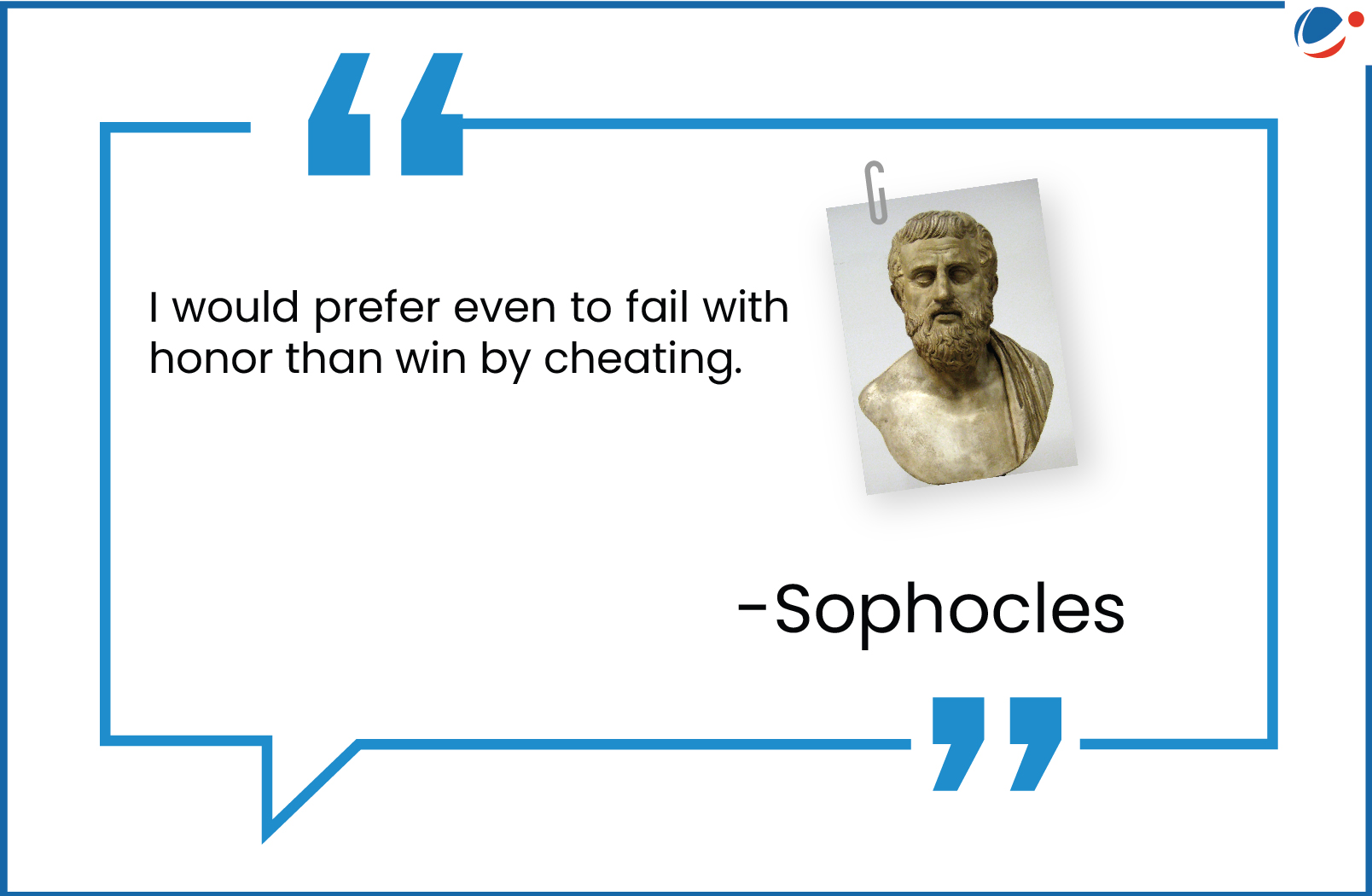Introduction
Recently, some civil servants have been alleged of faking certificates to enter into prestigious civil services. Also, cases have surfaced where aspiring Civil Servants have used ChatGPT to cheat in the examination. Such issues point to the increasing instances of fraud and dishonesty in Civil Services Examination.
Stakeholders | Role/Interests |
|---|---|
Recruiting agencies (such as UPSC) | Fair and open competition, loss of trust reposed by public, Constitutional obligations. |
Public at large | Credibility and transparency of selection process, Faith on Meritocracy etc. |
Government | Trust reposed by Public, increasing instances of dishonesty in public services, detrimental to growth of nation & society at large. |
Aspiring Civil Servants | Aspiring Civil Servants are expected to uphold the standards of Civil Services when engaging in the examination process. These values have been codified by All India Services (Conduct) Rules, 1968 and PC Hota Committee among others. These values include Integrity, honesty, objectivity, impartiality, transparency, accountability and merit and excellence among others. |
Ethical Issues Involved
- Detrimental to Social Justice: Use of fake certificates can lead to questioning the validity and fairness of affirmative actions, thereby hurting cause of social justice.
- Administrative implications: Entry of unethical candidates in civil services can lead to Corruption and dishonesty, Inefficient Bureaucracy, abuse of power and not adhering to the conduct rules.
- Against Kant's Categorical Imperative & Deontology: As per Immanuel Kant's categorical imperative one should only act in accordance with rules that could hold for everyone.
- Violates Utilitarianism: Under utilitarianism, morality of an action is determined solely through assessment of its consequences. Since cheating/abuse of power is detrimental to society at large, it is unethical to do so.
- Knowledge without Character: Cheating & abuse of power is amongst the seven social sins (i.e. Knowledge without Character).
Steps taken to nudge aspiring Civil Servants towards ethical conduct
|

Way Forward
- Values likehonesty, integrity, truthfulness & self-dignity should be inculcated among students from the very beginning of education, to deter such instances in future.
- Exam Reforms
- Stringent verification processes after selection of candidates
- Stringent measures rooted in ethics to curb examination malpractices, promoting merit and fairness.
- Aptitude and leadership tests may be introduced for selection to curb abuse of power during civil servant deputation (Hota Committee).
- Technologically based solutions: New strategies need to be considered and employed to better manage the advancement of technology use for illegitimate purposes.
- Revised Conduct Rules: Regular review and updates of the rules can help address emerging challenges and ensure their relevance.
- Following International Best Practices: Australian Public Service Act prescribes a set of Public Service Values. Its Public Service Commissioner is authorized to evaluate the incorporation and upholding of values.
Check your Ethical AptitudeThe Education Secretary of a state comes across gross irregularities in the recent State Public Service Examination. Further investigation reveals a nexus between examination officials and some candidates who used unfair means to pass the examination. This examination is crucial as it recruits candidates for various civil services in the state. Ensuring the integrity of this examination is essential for maintaining the quality and credibility of the state's administration. However, exposing this scandal to the public or higher authorities could delay the recruitment process and tarnish the image of the public service commission. On the basis of the above case study, answer the following questions:
|



